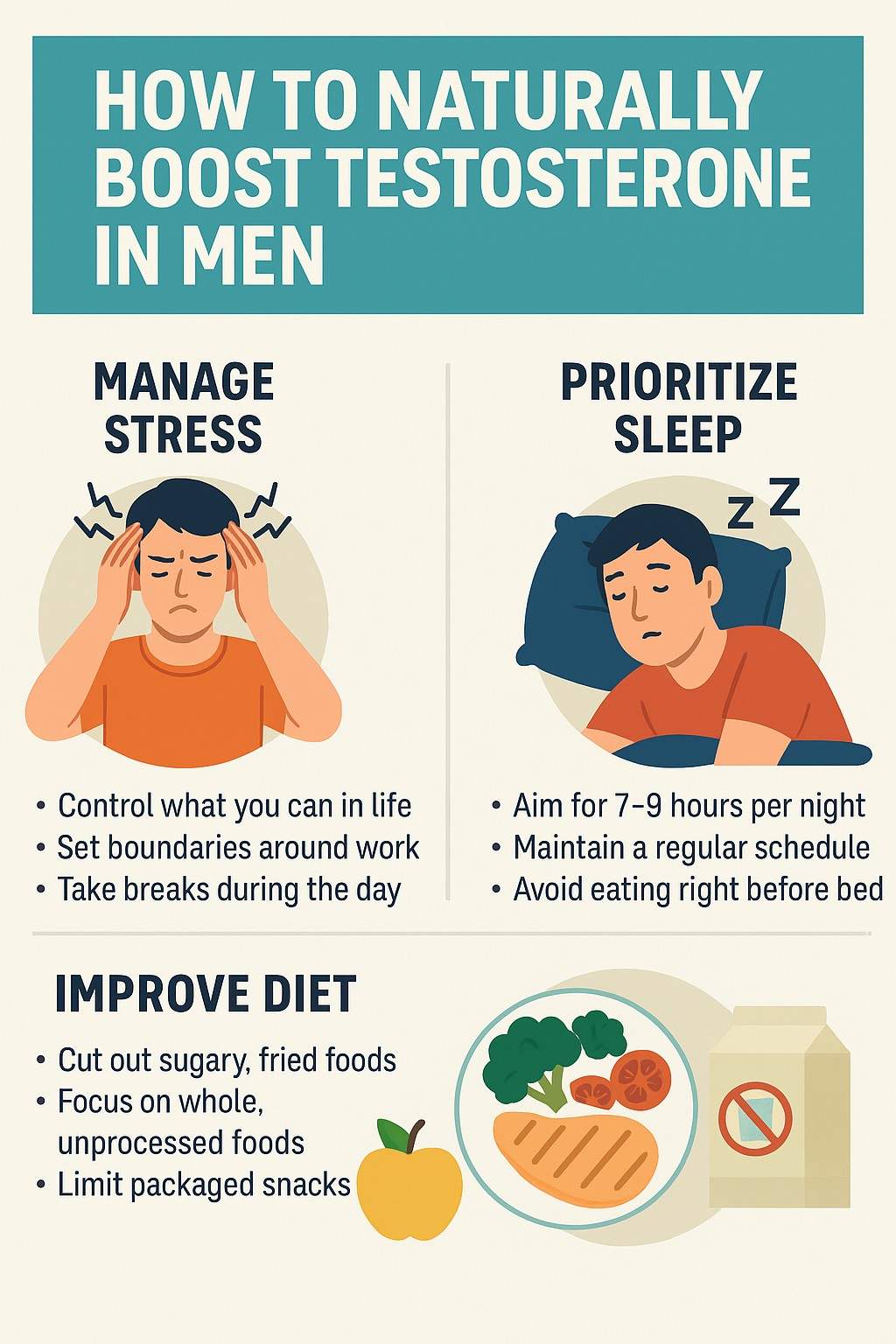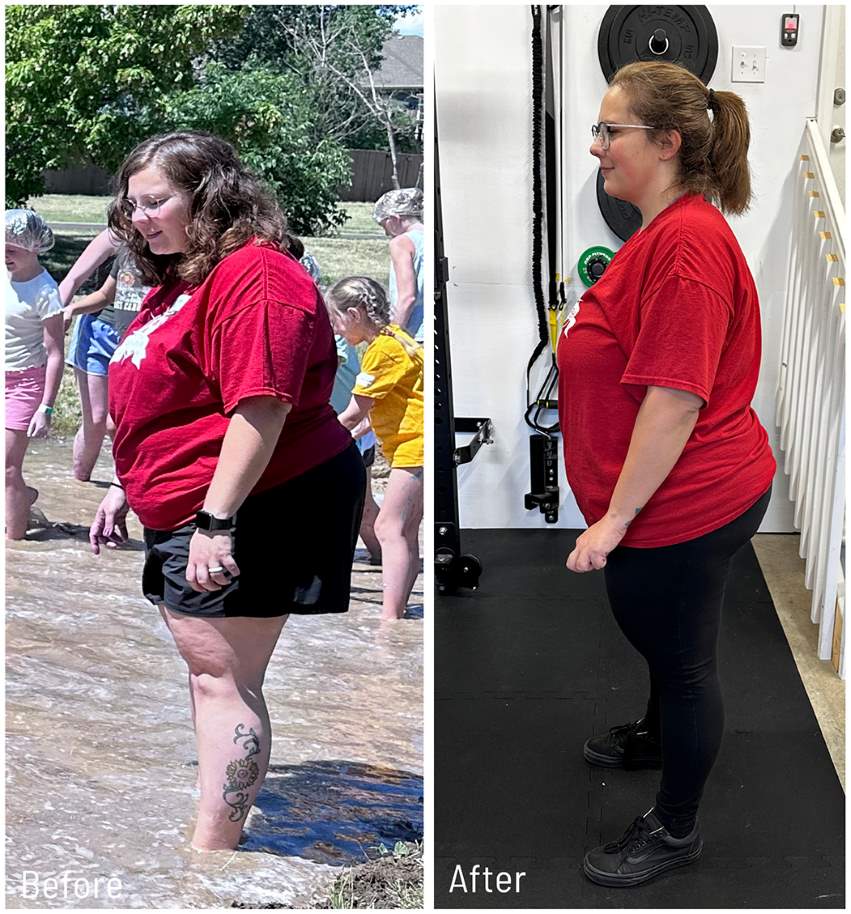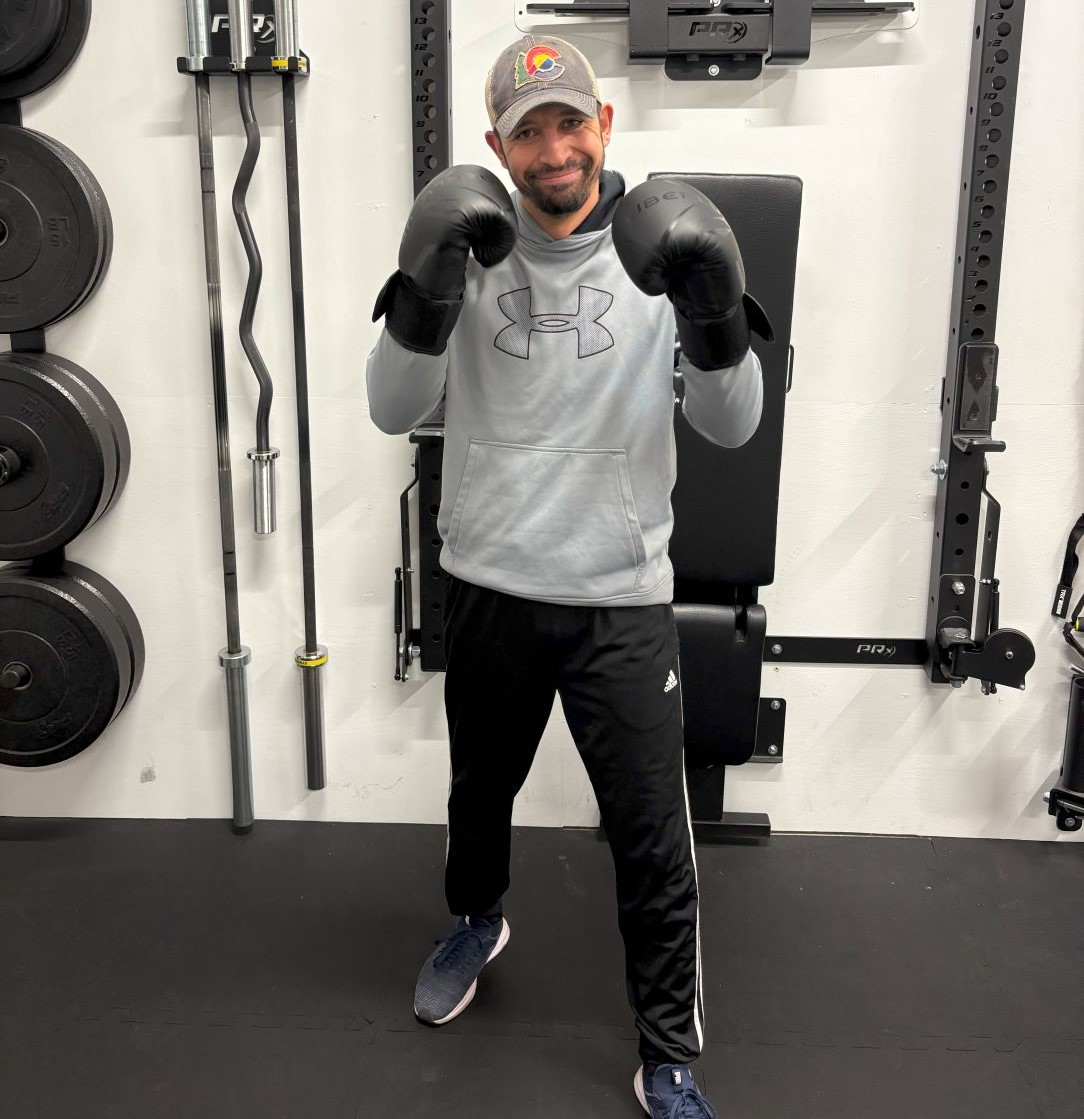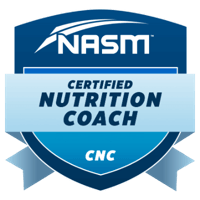
A Story From the Start of My Coaching Career.
Early in my coaching career, I had a male client who had been working out for years.
Honestly, he probably knew more lifting techniques than I did at the time. But he came to me because he wanted the same results and look I had created for myself and others.
I told him three things: show up, do the work, and listen. He was already going to the gym consistently, but that wasn’t what I was after. I actually wanted him to do less, rest more, and eat a diet rich in whole foods.
You can imagine how that sounded to him. Alarm bells went off. “Why am I going to cut back and listen to this guy? I’ve competed in bodybuilding shows, I’m a successful commercial realtor, and now this new trainer is telling me to change my ways?”
To his credit, he followed the process. Within a month, he saw muscle growth, decreased weight, more energy at home, and even better sex. And all of it was done naturally, without the help of drugs or supplements.
This is a perfect example of what most men miss about testosterone and how to raise it naturally. It’s not always about working harder; it’s about working smarter and fixing the habits that matter most.
The Pain Point Most Men Don’t See Coming
As men get older, one of the biggest struggles they face is low testosterone, and most don’t even realize it’s happening until the signs are staring them in the face:
- The weight around their midsection won’t budge no matter what diet they try.
- Workouts that used to feel good now feel like a grind, and recovery takes forever.
- They’re tired all the time, even if they think they’re sleeping enough. (In reality, most aren’t.)
On top of that, motivation tanks. Sex drive isn’t what it used to be, performance can suffer, and confidence takes a hit. Some guys chalk it up to stress or “just getting older,” but it’s more than that. Low testosterone can also show up as depressed mood, erectile dysfunction, and even confusion around why nothing seems to work the way it used to.
And to make matters worse, everywhere you look, there’s another ad promising a magic pill, powder, or “T booster” that claims to fix it overnight. It’s no wonder so many men feel frustrated and stuck.
The Biggest Misconceptions About Low Testosterone
Most men chalk low testosterone up to age. And while it’s true that testosterone does decline with age, that’s not the whole story. Stress, diet, and sleep also play a role.
Part of the problem is that men often look in the wrong places for answers. The supplement industry spends billions convincing us that a magic pill or powder can “boost T overnight.” Truth is, most of those products don’t move the needle at all.
Diet misconceptions go deeper, too. Most men think it’s just about calories or protein, but micronutrient deficiencies, like zinc, magnesium, and vitamin D, can tank testosterone. And environmental toxins, like plastics and chemicals we come into contact with every single day, can act like estrogen in the body and quietly throw our hormones out of balance.
Ultimately, some men believe the solution is simply to train harder – more workouts, longer workouts, no rest days. But the opposite happens: cortisol rises, testosterone drops, and progress stalls.
The reality is that low testosterone isn’t caused by just one thing. It’s a combination of lifestyle, nutrition, stress, sleep, and even the environment around us. That’s why most guys feel stuck: because they’re only addressing one piece of the puzzle.
The Hierarchy of Testosterone Boosting Priorities
Think of boosting testosterone like building a pyramid. If the foundation is weak, the rest won’t hold. Here’s what moves the needle, starting from the ground up:
Tier 1: The Foundation (Stress, Sleep, Diet)
- Stress Management
Chronic stress floods your body with cortisol, one of the biggest testosterone killers. While you can’t eliminate every stressor, you can control how you respond. That might mean cutting back on hours at work, actually taking your lunch break away from your desk, or setting boundaries around your time. Managing stress isn’t about working out harder, it’s about working smarter and protecting your energy. - Sleep
Five or six hours won’t cut it. Testosterone is built while you sleep, especially during deep/REM cycles. Aim for 8–9 hours in bed to give yourself time to unwind and truly recover. Better sleep = better hormone balance, period. - Diet
If your diet is full of added sugars, fried foods, and packaged “health” snacks (yes, even protein bars), you’re shooting yourself in the foot. Focus on whole foods: lean proteins, healthy fats, quality carbs, fruits, and vegetables. This helps you shed fat and build muscle and provides the raw materials your body needs to make testosterone.
Tier 2: The Builders (Exercise, Body Fat, Micronutrients)
- Exercise & Resistance Training
You don’t need to live in the gym, but you do need to train with purpose. Compound lifts like squats, deadlifts, and presses 2–3x/week have been shown to boost testosterone. Add in some sprints or conditioning, and you’ve got a powerful recipe for growth. - Body Fat Levels
Excessive fat, particularly around the midsection, can increase estrogen levels and decrease testosterone. But being too lean can also cause problems. The sweet spot for most men is around 8–14% body fat for optimal testosterone levels. - Micronutrients
Testosterone isn’t just about calories and protein. Deficiencies in zinc, magnesium, vitamin D, selenium, and other key vitamins and minerals can tank your levels. Whole foods should be the focus, but supplementation may help if you’re deficient.
Tier 3: The Finishers (Lifestyle, Environment, Extras)
- Alcohol
Occasional drinks won’t wreck your testosterone, but daily or heavy drinking will. It promotes the conversion of testosterone into estrogen, and that’s the opposite of what you want. - Environmental Toxins
Plastics, detergents, and preservatives often act like estrogen in the body. Swap plastic containers for glass or steel, use filtered water, and minimize chemical exposure wherever possible. - Supplements & Extras
Creatine has strong evidence supporting its role in indirectly enhancing strength and testosterone levels through muscle growth. Intermittent fasting may improve testosterone sensitivity for some men. But these are the “bonus” levers, not the foundation.
How to Put This Into Action
Knowing what lowers testosterone is one thing, but actually doing something about it is where most men get stuck. The good news is you don’t have to overhaul your life in a week. Start with the big rocks, build consistency, and layer the smaller habits on top. Here’s how:
1. Stress Management (Move the Big Rocks)
Stress is one of the fastest ways to tank testosterone. You can’t eliminate every stressor, but you can control your reaction. Think about it: if a buddy called you with last-minute tickets to a ballgame, you’d somehow clear your schedule. Why not do that more often for yourself?
Set boundaries. If you “clock out” at 5 p.m., then actually clock out. I stop answering client questions after 7 p.m. during the week, 4 p.m. on Saturdays, and I don’t see clients on Sundays. Does it limit my business? Sure. But it also makes me happier, healthier, and far more effective the rest of the week.
Bonus Tip: High cortisol from stress or overtraining directly lowers testosterone. Meditation, breathwork, or simply taking a walk can help calm your system and keep cortisol levels in check.
2. Sleep (Protect the Recharge Cycle)
Five to six hours isn’t enough for most men. Testosterone is built while you sleep, especially in deep/REM cycles. Aim for 7–9 hours in bed, not just “surviving” on caffeine and 5 hours of rest. The key is waking up rested and staying alert through the day, not crashing two hours after breakfast.
Here are a few habits that make a huge difference:
- Stop eating three hours before bed.
- Stop drinking water two hours before bed (no midnight bathroom trips).
- Avoid screens an hour before bed.
- Create a wind-down routine (reading, journaling, meditation).
Bonus Tip: One study found that men who slept less than 5 hours a night for just one week dropped their testosterone by 10–15%.
3. Nutrition (Fuel Your Hormones, Not Just Your Hunger)
Your body can’t build testosterone if it’s running on garbage fuel. The simplest rule: limit packaged and processed foods as much as possible. If it has fewer than five ingredients, you’re good to go. If not, use the 80/20 rule: 80% of your meals should come from whole foods you cook at home, 20% from processed foods.
I eat three meals a day, every day of the week. That’s 21 meals total, which leaves me six meals or snacks for “flex foods.” It keeps me consistent without making me feel deprived. Here are some ways to prioritize good nutrition:
- Don’t cut calories forever. Being in a constant deficit lowers testosterone.
- Balance your macros. Get plenty of protein (0.8–1g per pound of body weight), healthy fats (30–40% of your calories), and carbs for energy.
- Micronutrients matter too. Zinc, magnesium, and vitamin D deficiencies are among the most common in men with low testosterone levels.
- Stay hydrated. Dehydration spikes cortisol, which in turn lowers testosterone levels.
Final Word
Boosting testosterone naturally isn’t about chasing shortcuts. It’s about building a foundation, managing stress, sleeping better, and fueling your body with the right foods. Once you’ve mastered that, exercise, body composition, and lifestyle tweaks will take your results even further.
Skip the foundation, and nothing else will stick. Nail the basics, and you’ll feel stronger, sharper, and more energized, not just in the gym, but in every part of life.
About the author : Baltazar Villanueva

Baltazar Villanueva is a NASM certified personal trainer & nutritionist that provides services to the Denver metro region. Formerly a mixed martial arts fighter and self-defense trainer, he now provides clients with customized fitness programs that address whole-body wellness. Book a consultation with him here to get started on your fitness journey.




